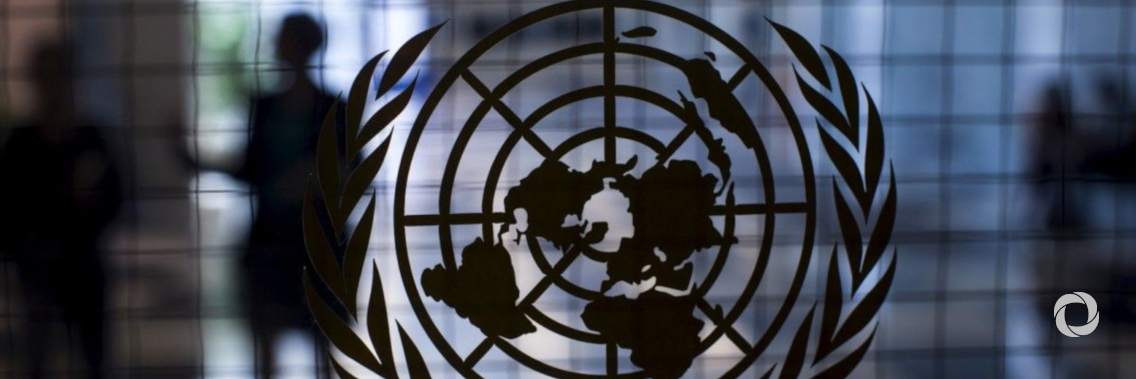The UN Human Rights Office said that it is receiving more information on intimidation and reprisals against victims, members of civil society and activists involving more and more States, reflecting a rise in cases globally.
In a new report of the UN Secretary-General, the UN Human Rights Office says it has documented alleged reprisals against victims as well as members of civil society and activists for cooperating with the United Nations in close to 50 countries.
The cases range from activists suffering detention and prison sentences, to acts of intimidation such as filming participants in meetings without their consent even on United Nations premises, among other examples. The report includes some particularly egregious cases of ill-treatment and torture of women in custody.
“We also have some severe cases of authorities threatening and harassing family members of activists,” said UN Assistant Secretary-General for Human Rights Andrew Gilmour, who will present the report and engage in a Q&A session with member States. “Some governments seem prepared to go to almost any lengths to punish people who cooperate with us. This may actually underscore the justice of the victims’ causes.”
The misuse of the online space through hate speech, cyberbullying and smear campaigns is another trend identified in the report, with women and lesbian, gay, bisexual, transgender and intersex persons particularly targeted, including by their own communities.
The report presents only one part of the picture, and self-censorship is also a major problem.
The consequences for civil society are already grave, the report says. The Secretary-General notes in the report that some people do not engage with the UN “out of fear for their safety or in contexts where human rights work is criminalized or publicly vilified.”
While the UN will continue to strengthen its system-wide response, including through improved reporting on allegations and enhanced policy responses, the onus remains on Member States, Gilmour said.
Read and download the full report here.
Original source: OHCHR
Published on 19 September 2019

